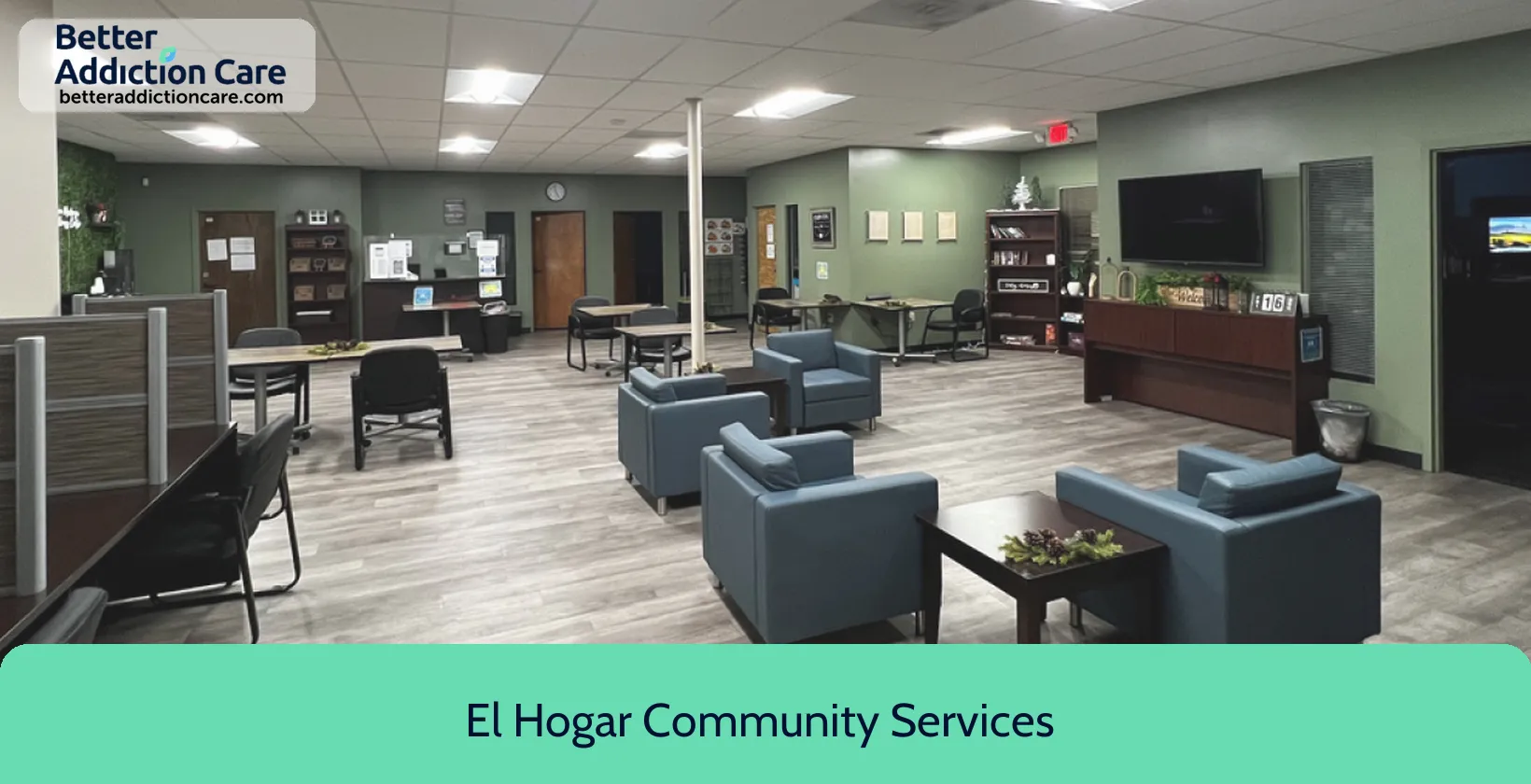El Hogar Community Services - Guest House Homeless Program
Overview
El Hogar Community Services - Guest House Homeless Program is an accredited substance abuse treatment center that provides outpatient detoxification, for men and women from 18+ years of age. As part of their special programs, El Hogar Community Services - Guest House Homeless Program treats clients who have experienced trauma. To help patients achieve sobriety, El Hogar Community Services - Guest House Homeless Program provides intake assessments. Afterward, patients receive group counseling, trauma-related counseling, and individual psychotherapy during treatment. El Hogar Community Services - Guest House Homeless Program is located in Sacramento, California, providing treatment for people in Sacramento County, accepting medicare, state-financed health insurance plan other than medicaid, and medicaid.
El Hogar Community Services - Guest House Homeless Program at a Glance
Payment Options
- Medicare
- State-financed health insurance plan other than Medicaid
- Medicaid
- Payment assistance (check with facility for details)
- Private health insurance
Assessments
- Comprehensive mental health assessment
- Comprehensive substance use assessment
Age Groups
- Adults
- Young adults
Operation
- Private for-profit organization
Highlights About El Hogar Community Services - Guest House Homeless Program
6.79/10
With an overall rating of 6.79/10, this facility has following balanced range of services. Alcohol Rehabilitation: 8.00/10, Drug Rehab and Detox: 6.00/10, Insurance and Payments: 6.53/10, Treatment Options: 6.61/10.-
Alcohol Rehabilitation 8.00
-
Treatment Options 6.61
-
Insurance and Payments 6.53
-
Drug Rehab and Detox 6.00
Accreditations
Commission on Accreditation of Rehabilitation Facilities (CARF):

Established in 1966, the non-profit organization known as the Commission on Accreditation of Rehabilitation Facilities (CARF) has a dedicated focus on accrediting rehabilitation organizations. CARF's primary mission is to assist service providers, particularly rehabilitation facilities, in upholding and promoting the highest standards of care.
Registration: 259030
SAMHSA certification for opioid treatment program (OTP):
SAMHSA's Opioid Treatment Programs (OTPs) accreditation is a rigorous recognition process that signifies an OTP's commitment to providing high-quality care for individuals dealing with opioid use disorders. It assures patients, families, and the community that the program adheres to evidence-based practices, employs qualified staff, and maintains a safe treatment environment. This accreditation is a symbol of quality and accountability, offering confidence in the program's ability to support individuals on their path to recovery from opioid addiction.
Treatment At El Hogar Community Services - Guest House Homeless Program
Treatment Conditions
- Mental health treatment
- Alcoholism
- Opioid Addiction
- Substance use treatment
- Co-occurring Disorders
Care Levels
- Detoxification
- Outpatient
Treatment Modalities
- Group counseling
- Trauma-related counseling
- Individual psychotherapy
- Cognitive Behavioral Therapy
- Dialectical Behavior Therapy
Ancillary Services
Languages
- Sign language services for the deaf and hard of hearing
- Spanish
Special Programs
- Clients who have experienced trauma
Contact Information
Read our Most Recent Article About Drug Addiction
DISCLAIMER: The facility name, logo and brand are the property and registered trademarks of El Hogar Community Services - Guest House Homeless Program, and are being used for identification and informational purposes only. Use of these names, logos and brands shall not imply endorsement. BetterAddictionCare.com is not affiliated with or sponsored by El Hogar Community Services - Guest House Homeless Program.









